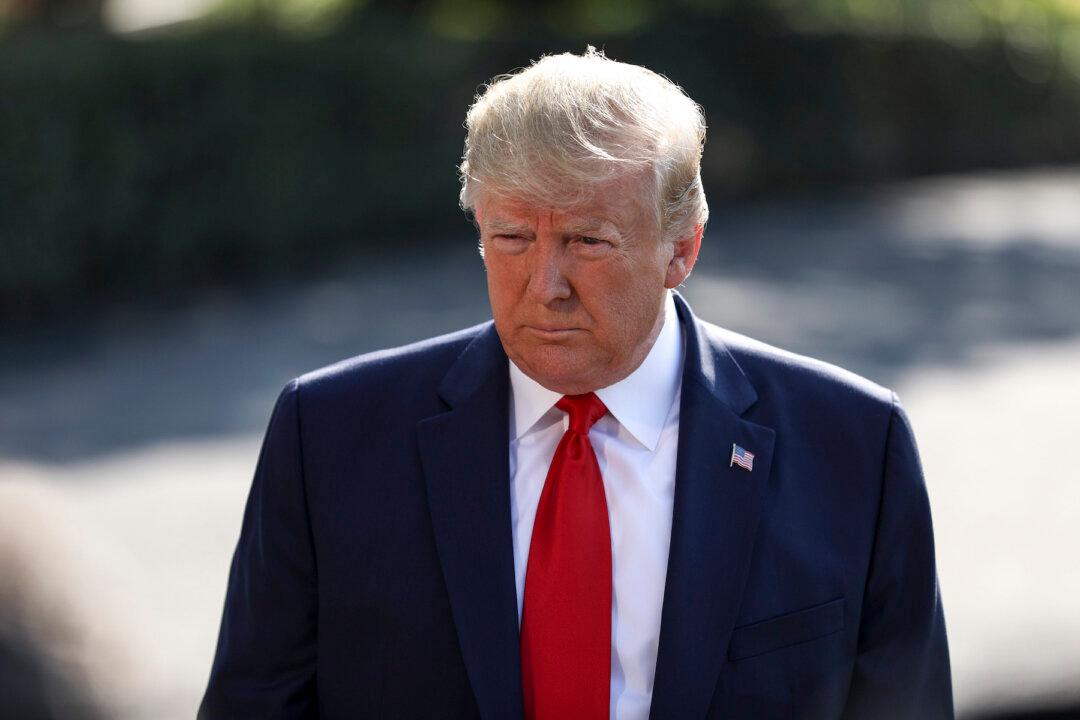President Donald Trump has dismissed reports that said he made an unspecified “promise” to a foreign leader, which reportedly prompted an unidentified official within the intelligence community to file a whistleblower complaint.
The details of the complaint were reported by The Washington Post late Sept. 18, but specifics as to who the conversation was with or what was said still aren’t known. The Post cited two unidentified U.S. officials.




